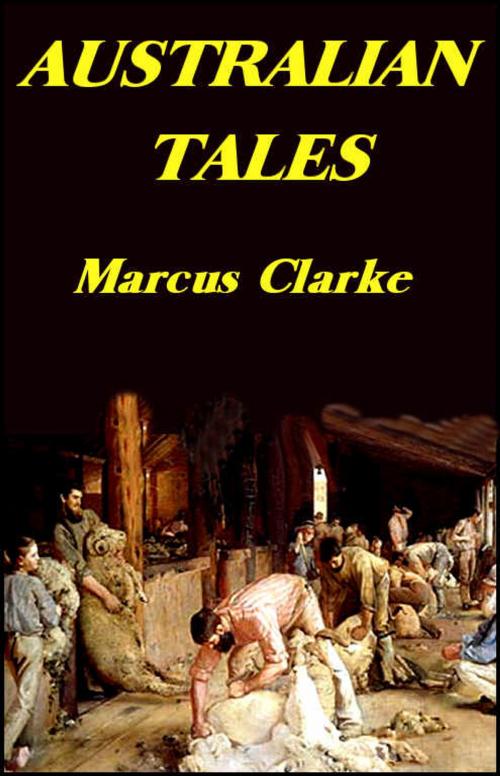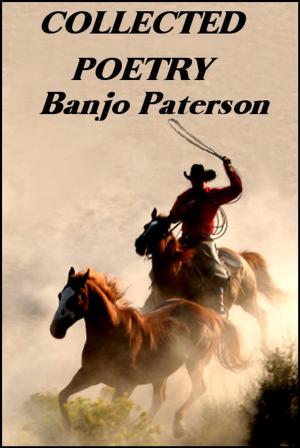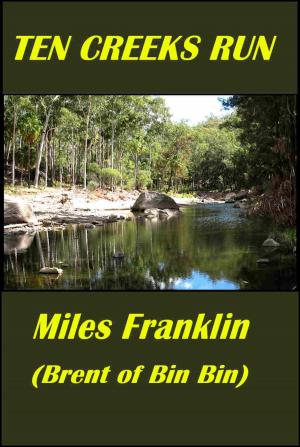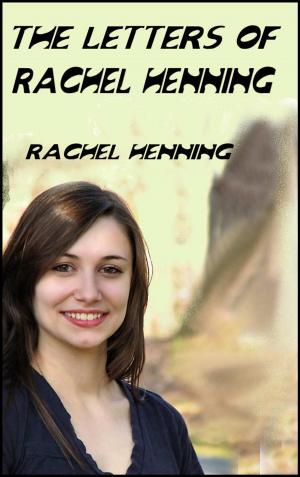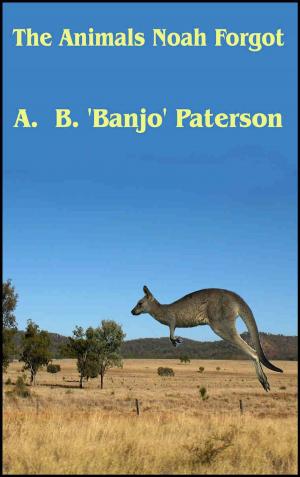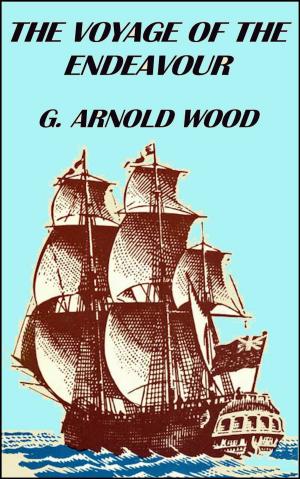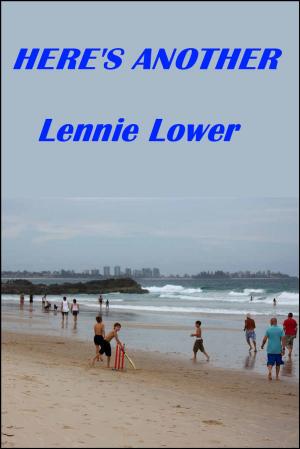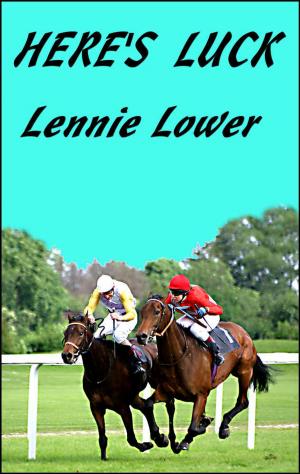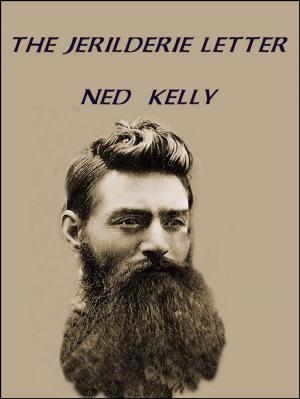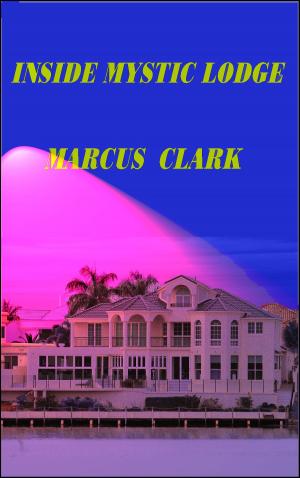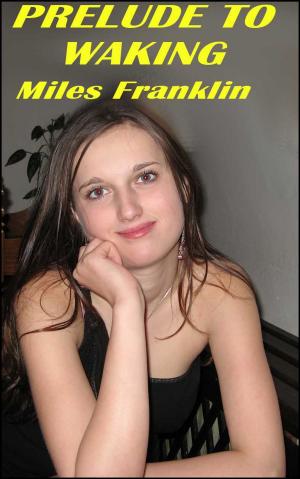| Author: | Marcus Clarke | ISBN: | 1230000094258 |
| Publisher: | Download eBooks | Publication: | December 24, 2012 |
| Imprint: | Language: | English |
| Author: | Marcus Clarke |
| ISBN: | 1230000094258 |
| Publisher: | Download eBooks |
| Publication: | December 24, 2012 |
| Imprint: | |
| Language: | English |
Mark Twain Lecture, Melbourne, Oct., 1895
MARCUS CLARKE
I not only regret, but feel surprised that the 'Selected Works' of Australia's only literary genius—a genius such as you will not see again for many a long year—should be out of print. Through the courtesy of his widow I obtained a copy of the work after failing to buy one anywhere. And such a work, such reading, such power. It was just the sort of reading to banish from one's thoughts such pain as I have been suffering. The subjects so interesting, and their treatment so brilliant and fascinating. No works of such a man should be left unpublished. It is the duty of Australians to assist the widow of so great a writer in publishing his works. I may tell you that we think a deal more of Marcus Clarke in our country than I am sorry to think you do here. (Applause).
Marcus Clarke was born in London on 24 April 1846 and was educated at Highgate School. He was the only son of William Hislop Clarke. He emigrated to Australia, where his uncle, James Langton Clarke, was a county court judge. He was at first a clerk in the Bank of Australasia, but showed no business ability, and soon proceeded to learn farming at a station on the Wimmera River, Victoria.
He was already writing stories for the Australian Magazine, when in 1867 he joined the staff of the Melbourne Argus through the introduction of Dr. Robert Lewins. He briefly visited Tasmania in 1870 at the request of the Argus to experience at first hand the settings of articles he was writing on the convict period. Old Stories Retold began to appear in the Australasian from February. The following month his great novel His Natural Life (later called For the Term of His Natural Life) commenced serialisation in the Australasian Journal. He also became secretary (1872) to the trustees of the Melbourne Public Library and later (1876) Sub (assistant) Librarian. He founded in 1868 the Yorick Club, which soon numbered among its members the chief Australian men of letters.
The most famous of his books is For the Term of his Natural Life (Melbourne, 1874), a powerful tale of an Australian penal settlement. He also wrote The Peripatetic Philosopher (1869), a series of amusing papers reprinted from The Australasian; Long Odds (London, 1870), a novel; and numerous comedies and pantomimes, the best of, which was Twinkle, Twinkle, Little Star (Theatre Royal, Melbourne; Christmas, 1873). In 1869 he married the actress Marian Dunn with whom he had six children.
(Wikipedia)
Mark Twain Lecture, Melbourne, Oct., 1895
MARCUS CLARKE
I not only regret, but feel surprised that the 'Selected Works' of Australia's only literary genius—a genius such as you will not see again for many a long year—should be out of print. Through the courtesy of his widow I obtained a copy of the work after failing to buy one anywhere. And such a work, such reading, such power. It was just the sort of reading to banish from one's thoughts such pain as I have been suffering. The subjects so interesting, and their treatment so brilliant and fascinating. No works of such a man should be left unpublished. It is the duty of Australians to assist the widow of so great a writer in publishing his works. I may tell you that we think a deal more of Marcus Clarke in our country than I am sorry to think you do here. (Applause).
Marcus Clarke was born in London on 24 April 1846 and was educated at Highgate School. He was the only son of William Hislop Clarke. He emigrated to Australia, where his uncle, James Langton Clarke, was a county court judge. He was at first a clerk in the Bank of Australasia, but showed no business ability, and soon proceeded to learn farming at a station on the Wimmera River, Victoria.
He was already writing stories for the Australian Magazine, when in 1867 he joined the staff of the Melbourne Argus through the introduction of Dr. Robert Lewins. He briefly visited Tasmania in 1870 at the request of the Argus to experience at first hand the settings of articles he was writing on the convict period. Old Stories Retold began to appear in the Australasian from February. The following month his great novel His Natural Life (later called For the Term of His Natural Life) commenced serialisation in the Australasian Journal. He also became secretary (1872) to the trustees of the Melbourne Public Library and later (1876) Sub (assistant) Librarian. He founded in 1868 the Yorick Club, which soon numbered among its members the chief Australian men of letters.
The most famous of his books is For the Term of his Natural Life (Melbourne, 1874), a powerful tale of an Australian penal settlement. He also wrote The Peripatetic Philosopher (1869), a series of amusing papers reprinted from The Australasian; Long Odds (London, 1870), a novel; and numerous comedies and pantomimes, the best of, which was Twinkle, Twinkle, Little Star (Theatre Royal, Melbourne; Christmas, 1873). In 1869 he married the actress Marian Dunn with whom he had six children.
(Wikipedia)
